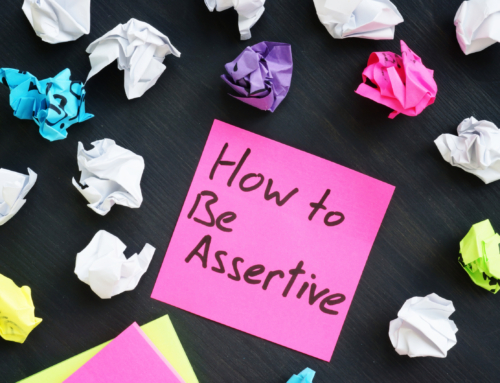Career Life Transitions sat down with one of their senior coachee’s to explore the reasons why and how they chose a coach, for their personal and professional development. We interviewed Glen, a state manager for a national financial institution. Glen describes in 1 word what he was looking for in a coach…..’clarity’….
Q1.
What lead you to coaching as a development option for yourself?
It was about me being able to come to grips with and balancing an organisational restructure and formally becoming part of the national leadership team. I think it was struggling with priorities across different levels of management. I’ve always been a student of leadership and tried to keep it very separate from my management responsibilities, but I found it quite challenging to do that in a multi reporting line regime. I knew a classroom wasn’t going to be the answer, so I turned to coaching.
Q2.
How did you select a coach?
My Manager suggested I find a mentor, someone I could just associate informally with. I didn’t actually think that this was the right way to go, I thought I needed someone I could work with on specific challenges and issues. I made some enquiries locally and most people I spoke to sounded more like career coaches. Meeting the CLT Team (Peter and Mel) across the table at a function gave me food for thought, it opened my eyes and I decided it was an experienced results driven, hard line coach I was after.
Q3.
Where do you think coaching has best supported you?
Trying to make sense of some the more difficult issues and challenges particular around individuals and crossing over the boundaries of a senior person who’s got different priorities to me or different priorities for the business strategy. In the past these frustrations were definitely something I wouldn’t have been able to work through without having my coach to talk to.
I appreciate a coach when I need an external validator,
who’s prepared to redirect or challenge me on my thoughts,
it’s been invaluable.
Q4.
Is there anything in the coaching process that you would change?
I sought external help because I wasn’t sure what I needed. I pride myself on being pretty sharp in my job and pretty sharp on what I think or what I need from people etc. Part of my “at a loss” was I just didn’t know which way to turn with some of these things, so actually being able to go to someone who was able to make heads or tails of what I needed to do, or needed to put in place. I realised we’re probably only half way through the journey but I’m not sure if I’d change anything.
Q5.
How has coaching assisted you in your overall work?
We’re certainly in a better place than we were 6 months ago, I definitely have a clear picture of what’s required behaviourally. I have a clearer view of what other people think of me which is invaluable, (positive or negative). I certainly understand what feedback means to me and what to do about it, feedback for example, from the peers I rely so heavily on for their ability and their input (for me to be successful). I have learned how to manage the interactions with the person I report to. I was absolutely, not very good at this in the past.
Q6.
What is your overall experience in using a personal coach?
Before commencing coaching, I probably didn’t think I needed it, it’s a bit like my footy analogy where I should have moved back to the halfback flank 5 years ago and I probably wouldn’t be so broken. I’ve certainly let it go far too long without seeking the input of others and it wasn’t intentional, it was just me continually being on the rat treadmill; continuing to think ‘you’re going to get a different result by having the same inputs’. It’s probably harder to change me as a person but it’s not difficult to change my behaviour around the expectations of what my role now constitutes.
It’s a bit like in our home lives, I loathe to admit failure or that we need help but when we finally do, if it isn’t too late, we actually appreciate the help and input. The fact that engaging something earlier on, even if its positive reinforcement rather than massive validation or redirection, maybe we could have been so much more successful.
Do I wish I had engaged with a coach earlier? Yeah but your ego sometimes prevents you from doing that doesn’t it?
Career Life Transitions has extensive experience in skills assessment, leadership development, organisational restructures and organisational cultural assessment and development. For further information, how we can help transform your business and it’s people, please contact us.














Dr Susan Roberts says: